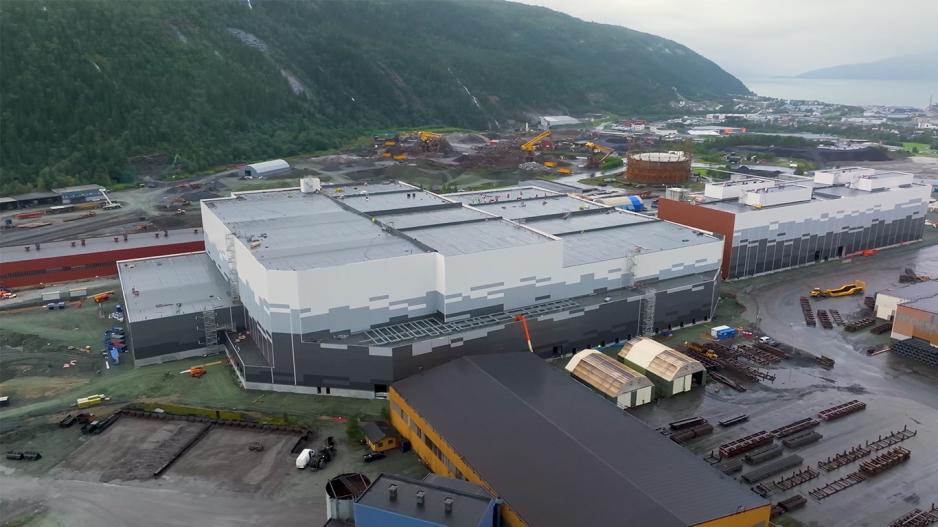Freyr Battery Lays off 78 Employees

Freyr's battery factory Giga Artic in September 2023. Now the factory in Northern Norway is being sealed and will be put on hold. (Photo: Freyr)
Freyr battery factory is laying off 78 employees, and ten of them work in Northern Norway. Top management is also being reduced.
The Freyr management is cut from 19 to 6 directors, and a total of 78 employees are dismissed. Ten of these work at the location in Mo i Rana, Northern Norway. It became clear on Monday this week.
Most of the positions that disappear are located at the head office at in Bærum in South Norway.
Earlier in November, it became clear that the company is halting the construction of a "gigafactory" in Norway, that was supposed to produce batteries of industrial size.
50 percent reduction
This is because Freyr wants to halve its expenses in Norway and is instead focusing on the construction of Giga America in Georgia, USA. Freyr's projects in Sweden and Finland are also being put on hold.
"We have communicated that we are going to reduce the use of cash in the company by more than 50 per cent", says Steen to Norwegian broadcaster NRK.
Several of our managers will take on additional responsibilities
At the same time, several jobs are being moved to Rana from other places.
"So the effect here in Rana will be relatively small", says Steen.
More with less
At the same time as the dismissals are announced, Steen announces changes to the company's organizational structure and leadership, and imposes additional tasks on the remaining management with immediate effect, the company writes on its own website.
"Several of our managers will take on additional responsibility for positioning Freyr as an American-based technology leader in the battery industry", says Birger Steen.
Freyr planned to build battery factories for NOK 40 billion in Mo i Rana, and announced that they would need around 1,500 new employees. The company received billions in support from Norwegian and European authorities. Shortly afterwards it became known that they were planning a gigafactory outside Atlanta in the USA.
The background for this is the green deal package (IRA) that was adopted by the US Congress earlier that year. These are subsidies that make the American market more difficult to enter for goods produced in Europe.



